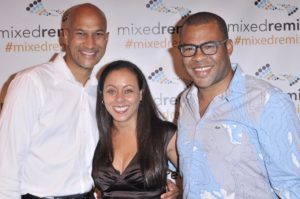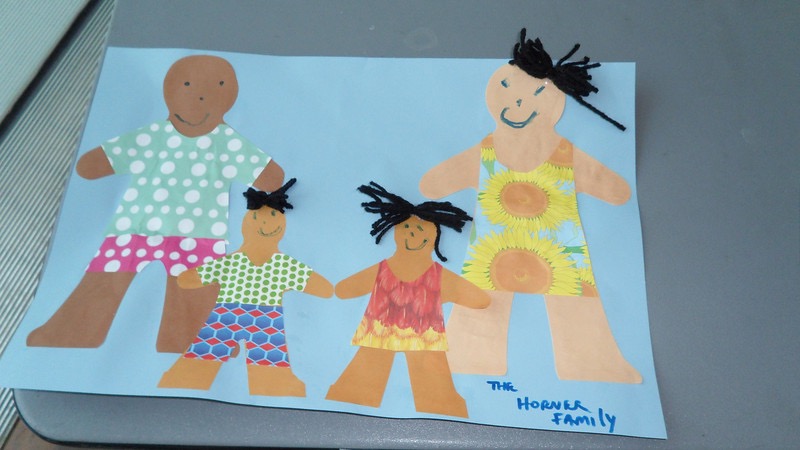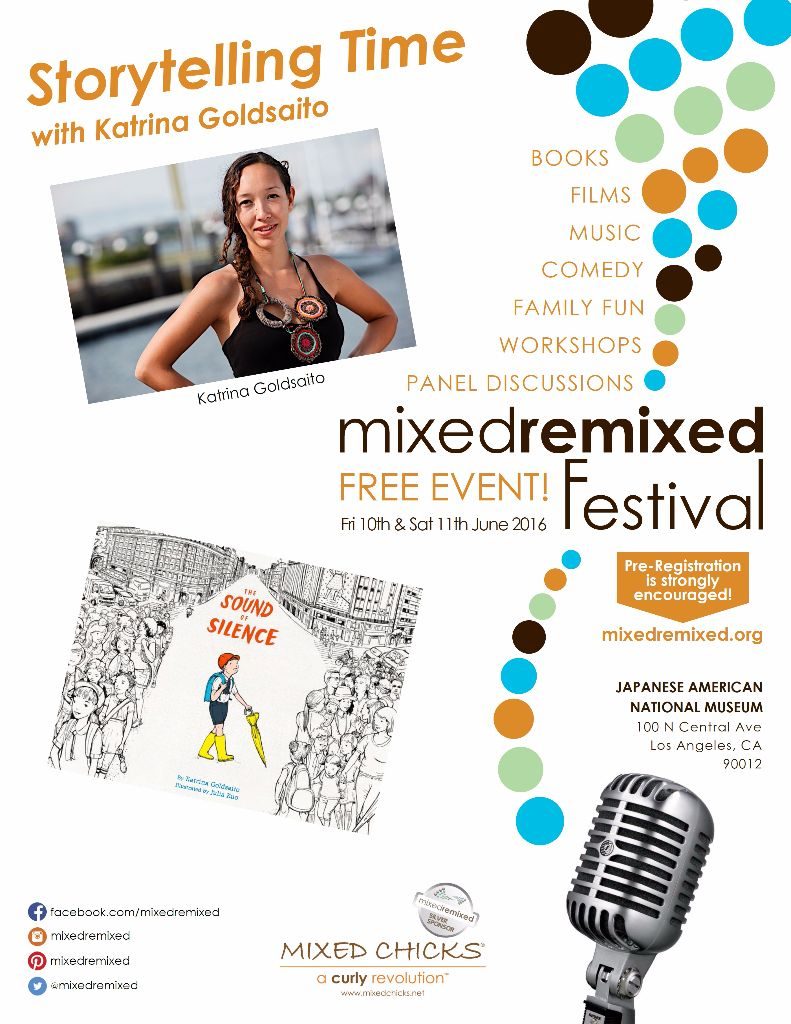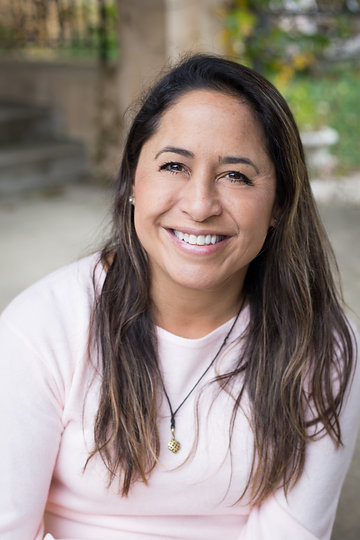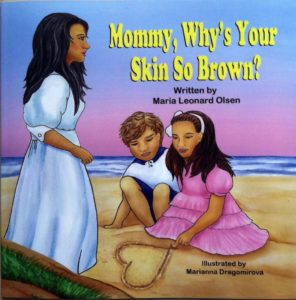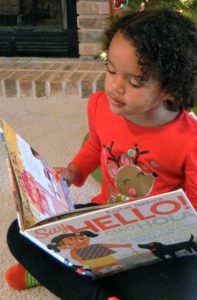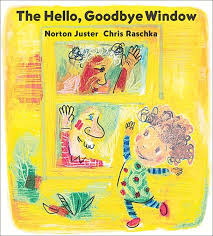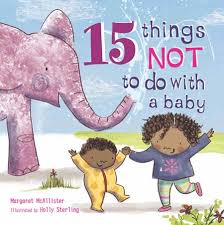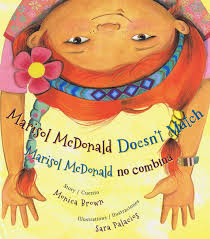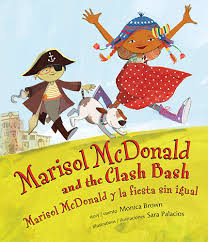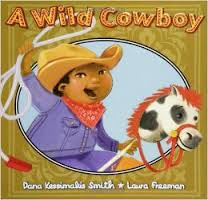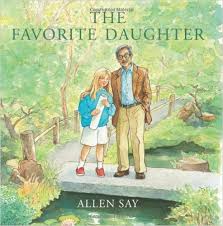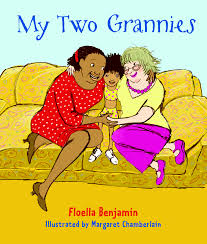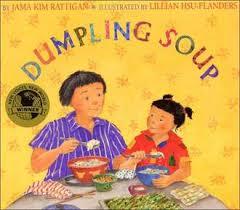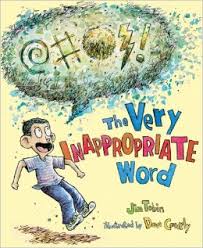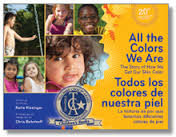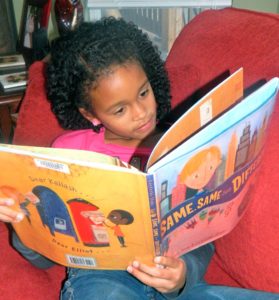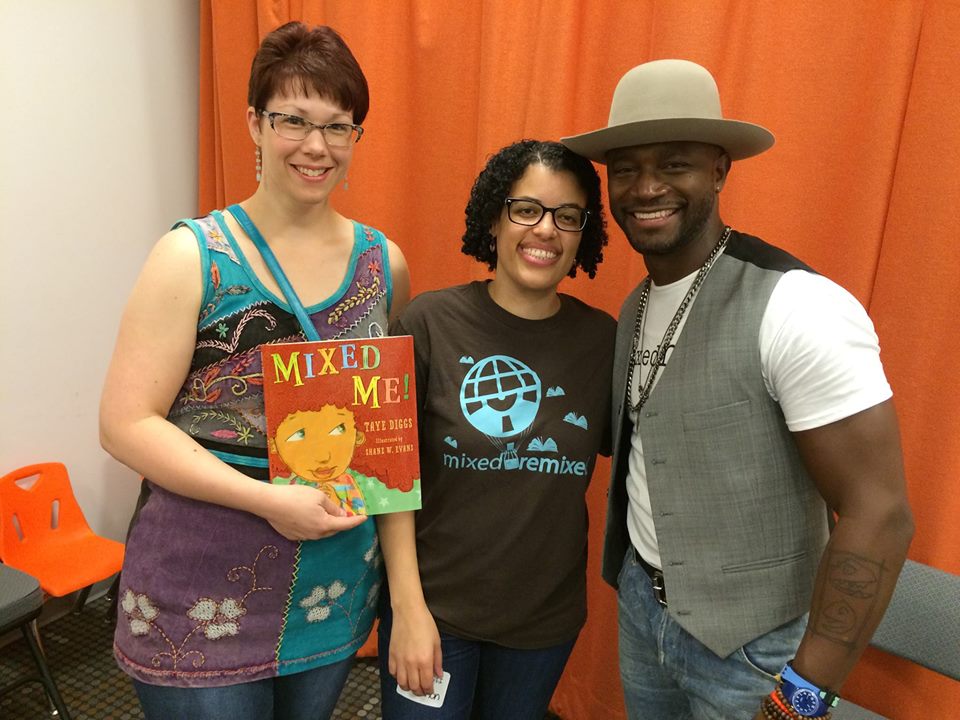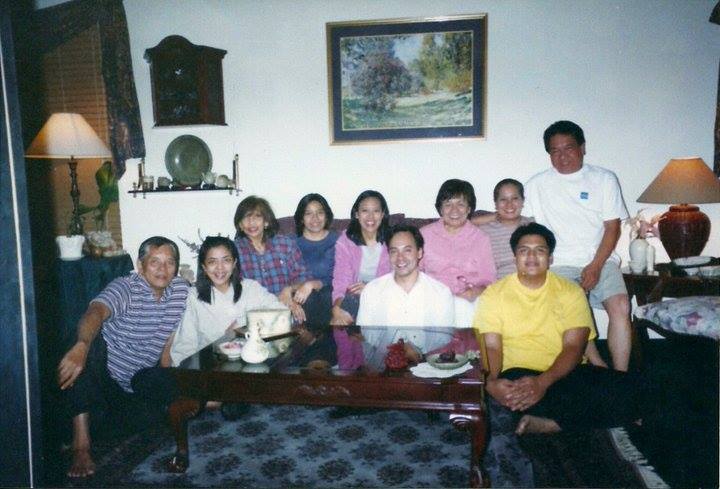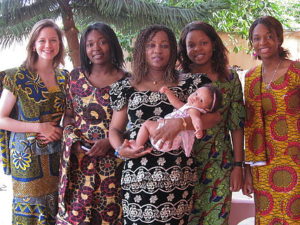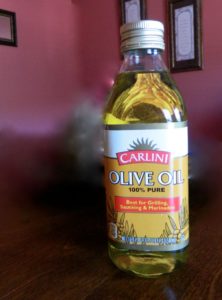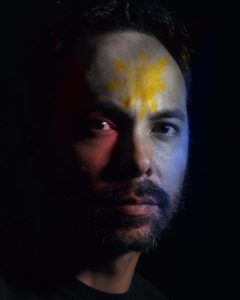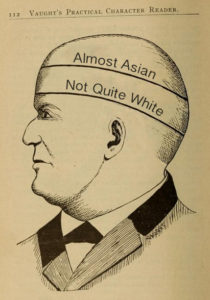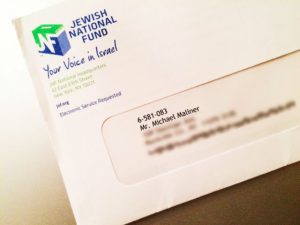Not long after I got involved with the Mixed Remixed Festival through Heidi Durrow, I connected with Joy Stoffers, whose first novel, Whasian, was recently published by Harken Media. Like me, Joy is Hapa. Imagine my excitement over the opportunity to interview her before the Hapa Writers: Our Stories in Fiction panel that the Mixed Remixed Festival is hosting. Joy is among the esteemed panelists.
I’ve corresponded and Skyped with Joy, and will be meeting her in person for the first time in LA where we will be live blogging during the festival. This interview was conducted via email.
How did you get involved with the Mixed Remixed Festival?
In the finalizing of Whasian, I tried to discover what, if any, mixed-race community existed. I found Heidi Durrow’s podcast, “The Mixed Experience,” and became an avid listener. Of course, this led me to read her novel, The Girl Who Fell from the Sky, and to learn about the festival she founded.
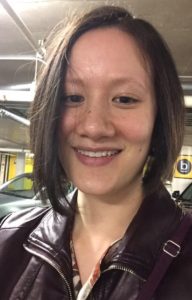
Heidi’s multifaceted engagement with the issues I’d always grappled with inspired me. I sent Heidi a fan-girl email, and she graciously offered to blurb for my debut novel—and to host me on her podcast. After the live conversation ended, we talked offline about the Mixed Remixed Festival. By mutual agreement and hope, I became the festival’s head blogger. Heidi, I think, has a habit of taking on more than most would seem possible. I hope I’ve been able to ease her incredible workload, and I’m excited to attend the festival for the first time this June.
What a great story! Can you talk a bit about, as you put it, the “issues [you had] always grappled with”—presumably because of your being mixed race?
According to my father, when I was five years old, he told me that I was different than most other children. He said that I’d always share this difference with my brother, and that we’d understand each other better because of it. I suppose this was my Caucasian father’s way of explaining racial nuance to a child too young to understand the construct of race, let alone its real-world implications.
Through my experiences—from as trifling as Asian model-minority stereotyping to as frustrating as being called a chink—I learned my own version of race. No matter what I did, or what I said, my appearance and self-expression never matched what people expected of me. I’m naturally a Type B, slow-to-boil person, so add cultural styles of being, and you get an even more interesting mix. As my mother notes, I have my Ama’s (Taiwanese grandmother’s) temperament, and the Stoffers’s (German) stoicism. I’ve been called cold, guarded, reserved, stuck-up, standoffish, etc. Perhaps I deserve these labels, and perhaps I don’t—or somewhere in between. During my childhood and adolescence, the bubbles added up. All my angst and questions boiled into Whasian, a decidedly non-autobiographical novel.
Are you and your brother close?
To use epic terminology, I believe my father’s statement became a realized prophecy. My brother and I are best friends. Part of the reason why I moved to Seattle was to live near him again. Although we’re incredibly different personality-wise and interest-wise (he’s an aerospace engineer interested in music and sound engineering), we share a bond that’s intrinsically tied to our mixed upbringing.
Turning to Whasian, how, if at all, does Ava’s mixed race background affect her ability to relate to, and form close relationships with her peers?
For Ava, her mixed-race background disrupts her ability to relate to her peers, and for the majority of the novel, negates her ability to form close relationships. I wrote Ava into being while thinking about the greatest potential for self- and other-made alienation. Most of the time, Ava longs for connection, but at the start of the novel, she’s a slave to her cultural background and identity-centered uncertainties.
I’d like to focus on the what you describe as Ava’s “identity-centered uncertainties.” Do you think that this sort of lack of clarity—or even confusion—about one’s own identity is part of a shared mixed-race experience?
The quest for identity applies to us all, but I think it’s especially salient for those with a mixed-race experience. Other people continuously tell us/ask us what we are, instead of asking us who we are. We feel pressure to choose—but there’s no obvious, “right” choice. So we linger in a limbo until we realize that only we can claim our identities (and that we have many identities). We have the right to voice how we feel, to remain in flux.
So as mixed race people, are our identities always in a state of flux because of there being no single heritage we can wholly claim as our own?
Personally, I believe that yes, most mixed-race people will learn to embody a fluid sense of identity. I think it’s more than being unable to “wholly” claim a single heritage. Our experiences, both individually and collectively driven, are so diverse. There’s rarely a consistent constant for us to grasp as an anchor.
In what ways might this fluid sense of identity manifest itself in the lives of mixed-race people?
Again, I must begin with the caveat that this is merely my opinion. I’m one speck on a square that’s part of a massive mosaic. From my interactions with other mixed-race people, I hear that we can change our identities on an hourly, daily, weekly, insert-measurement-of-time-here basis. And that every change is subject to change based on circumstance.
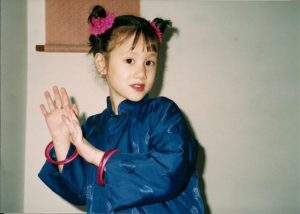
Do you think that a fluid identity might lead to our changing domiciles more often, or our affect career decisions? Perhaps even our taste in art and literature?
What a novel connection to make! In this case, I can only speak for myself. If I’m not careful, I over-analyze and seek transience. There’s a difference between running and re-assessing. Now that I’m aware of this in myself, I strive to reassess when the time is right, instead of run at first impulse.
I have the feeling that there may be some uncanny similarities in our respective experiences as mixed-race people, and I’m looking forward to hearing more stories at the Mixed Remixed Festival. Which brings us to the Hapa Writers: Our Stories in Fiction panel discussion. Is there a theme you’d like to explore, or message that you’d like the audience to come away with?
I hope to explore what being mixed-race means to us when we write fiction. Generally people assume that because I’m mixed and write about mixed-race and “alternative” styles of being, then I must be writing autobiographical fiction. I shirk the notion that we cannot write outside our lived experiences. My experiences have shaped me as a writer and person, and certainly provide me with inspiration, but I use this inspiration to imagine outside myself. I wonder what the other panelists will think in this regard, and hope to learn from them.
What an important topic to share with other mixed-race artists. I’m looking forward to the panel discussion, and to meeting you face-to-face for the first time at the Mixed Remixed Festival.
—Michael Maliner, Festival Blogger
Hapa Writers: Our Stories in Fiction will take place on June 10, 2016, from 2 to 2:50pm, at the Japanese American National Museum. You can register for to attend this panel here, as well as download a festival schedule.
The Mixed Remixed Festival is an annual film, book and performance festival that celebrates stories of the mixed-race and multiracial experience.
Hundreds of people came from far and wide for celebration, connection and community. Join us for the 3rd annual Mixed Remixed Festival June 10 and 11, 2016. Registration is now open.
